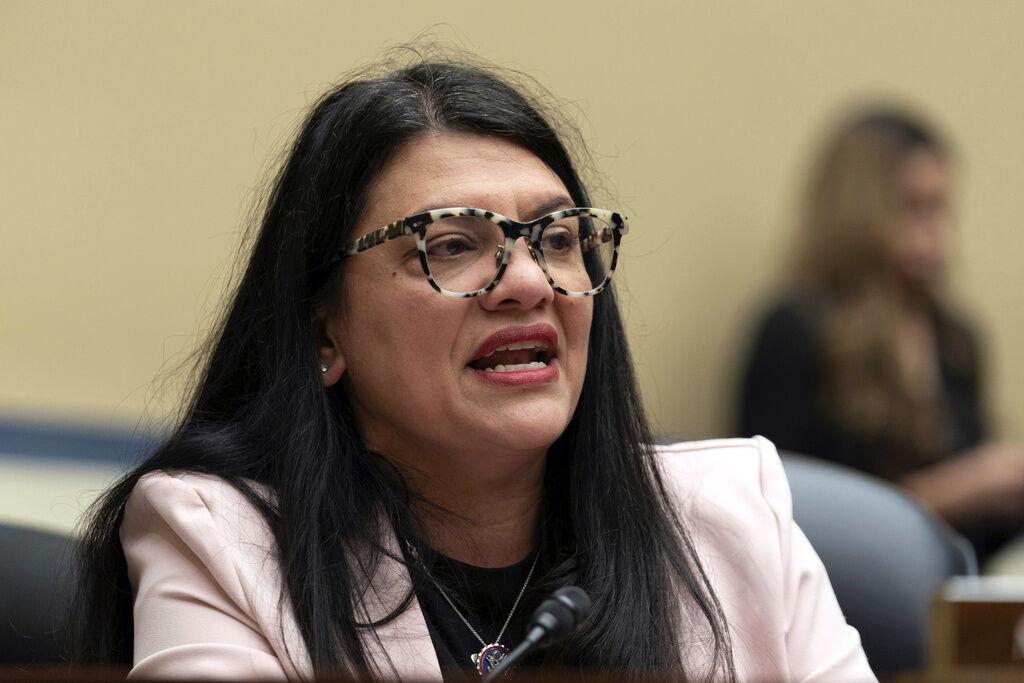Representative Rashida Tlaib, the first Palestinian American woman in Congress, has called on the International Criminal Court (ICC) to issue an arrest warrant for Israeli Prime Minister Benjamin Netanyahu. Tlaib’s demand comes amidst heightened tensions during the ongoing conflict between Israel and Hamas, with Israeli military operations unfolding in Gaza’s major city of Rafah. The move underscores the deep intra-party divisions among Democrats regarding the Israel-Hamas conflict.
Simultaneously, House Republicans are doubling down on their plans to censure Representative Ilhan Omar over her remarks at Columbia University, where she allegedly referred to some Jewish students as “pro-genocide.” This comes against the backdrop of contentious protests at the university, some of which have included antisemitic rhetoric. The situation reflects the broader challenges within the Democratic Party concerning its stance on Israel and how to address issues of antisemitism.

Tlaib’s call for Netanyahu’s arrest warrant stems from her assertion that there is nowhere safe in Gaza, emphasizing the urgency to hold Israeli officials accountable for what she terms as “genocide.” This demand adds fuel to the ongoing debate over the appropriate response to the Israel-Hamas conflict, with Tlaib and other progressives often criticized by Republicans for their perceived alignment with Hamas.
Furthermore, Tlaib’s reluctance to rally support for President Joe Biden’s reelection is linked to her dissatisfaction with his handling of the Israel-Hamas conflict. This stance places her at odds with Republicans, who tend to support Israel more unequivocally. Tlaib’s position highlights the complex dynamics surrounding the conflict and its impact on domestic politics in the United States.
In response to the potential censure of Omar, her spokesperson has emphasized her condemnation of antisemitism and bigotry for all Jewish students. They argue that attempts to misconstrue her words are distractions from the violence in Gaza and the widespread antiwar protests taking place globally. The exchange encapsulates the ongoing struggle within American politics to navigate the complexities of the Israel-Palestine conflict while addressing concerns about antisemitism and supporting free speech.

